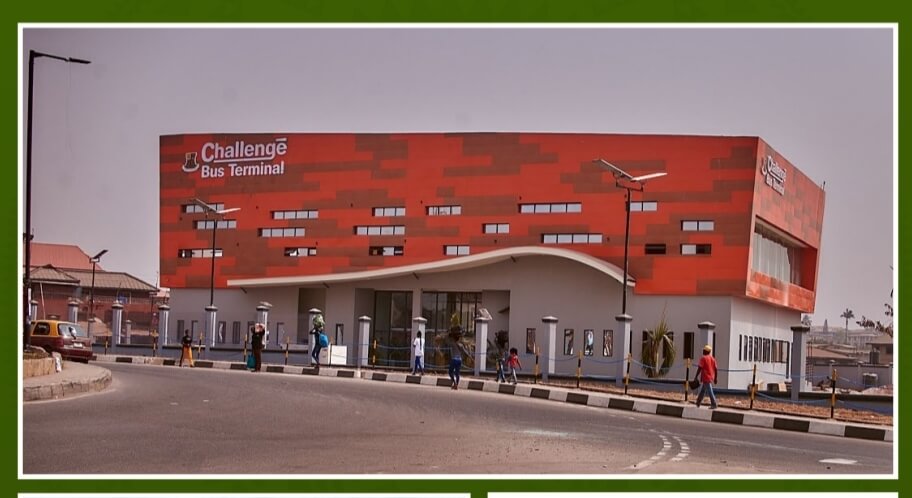“I will, more than ever before, subject myself to severe self- discipline. Only men who are masters of themselves become easily masters of others. Therefore, my thoughts, my tongue, and my actions shall be brought under strict control always.”

“Those who desire to reach, and keep their places at the top in any calling must be prepared to do so the hard way.”
“While many men in power and public office are busy carousing in the midst of women of easy virtue and men of low morals, I, as a few others like me, am busy at my desk thinking about the problems of Nigeria and proffering solutions to them. Only the deep can call to the deep.”
Obafemi Awolowo, often referred to as Awo, was a prominent Nigerian statesman, nationalist, and political leader. Born on March 6 1909, he played a significant role in Nigeria’s struggle for independence and in shaping the country’s political landscape. Awolowo was a charismatic orator, a prolific writer, and a visionary leader known for his progressive ideas and policies. He served as the Premier of the Western Region of Nigeria from 1954 to 1960, implementing various developmental programs and reforms that earned him admiration and respect. Awolowo was also a founding member of the Action Group political party and later the Unity Party of Nigeria. His ideologies centred on socialism, free education, healthcare, and regional autonomy. Despite facing political challenges and imprisonment, Awolowo remained steadfast in his commitment to the betterment of Nigeria. He is widely regarded as one of Nigeria’s founding fathers and a champion of democracy and social justice.
Obafemi Awolowo’s legacy projects in the South West of Nigeria are numerous and have left a lasting impact on the region. Some of his notable legacy projects include:
1. Free Universal Primary Education: Awolowo implemented the Free Universal Primary Education program in the Western Region, making education accessible to all children regardless of their socio-economic background. This initiative significantly increased literacy rates and laid the foundation for future educational development in the region.
2. Establishment of Institutions: Awolowo established various educational and developmental institutions, including the University of Ife (now Obafemi Awolowo University), the University Teaching Hospitals, and the Cocoa Research Institute of Nigeria. These institutions have contributed to the advancement of education, healthcare, and agricultural research in the region.
3. Agricultural Development: Awolowo prioritized agricultural development in the Western Region, implementing policies to boost cocoa production and promote other agricultural sectors. His efforts led to increased productivity, improved rural livelihoods, and economic growth in the region.
These farm settlements began when the Western regional government led by the premier, late Obafemi Awolowo, launched a five-year development plan (from 1955 to 1960) to enhance a steady rise in income and the general standard of living of the people. To achieve this, the premier and other officials went to Israel to study its agricultural development scheme named Moshav. The report of the study in 1959 birthed the establishment of 20 farm settlements and five institutes across the region with the aim of achieving food sufficiency and to encourage educated young men make a profitable career in farming – all that is required of us all is to build on the good work of the legend, that should not be too difficult you will think.
PARADISE LOST: Inside Nigeria’s forgotten, broken farm settlements | TheCable
4. Industrialization: Awolowo initiated industrialization programs aimed at promoting self-sufficiency and economic development. He established industrial estates, factories, and manufacturing plants, which created job opportunities and stimulated economic growth in the region.
5. Infrastructure Development: Awolowo invested in infrastructure development, including road construction, water supply projects, and electricity generation. These infrastructure projects improved transportation networks, access to clean water, and power supply, enhancing the quality of life for residents of the Western Region.
Overall, Obafemi Awolowo’s legacy projects in the Southwest of Nigeria have had a profound and lasting impact on the region’s development, contributing to its social, economic, and educational advancement. The legend left this world over 35 years ago and his policies, well-constructed and high-quality projects and his overall contribution to Western Nigeria and Nigeria remains evident and a yardstick for current and future development.
It is bold to say at this current time that there is no politician of Yoruba extraction dead or alive that can match Awo’s contribution to Nigeria’s development. For all the current contenders, we have to wait to see what impact and legacy they leave behind.



